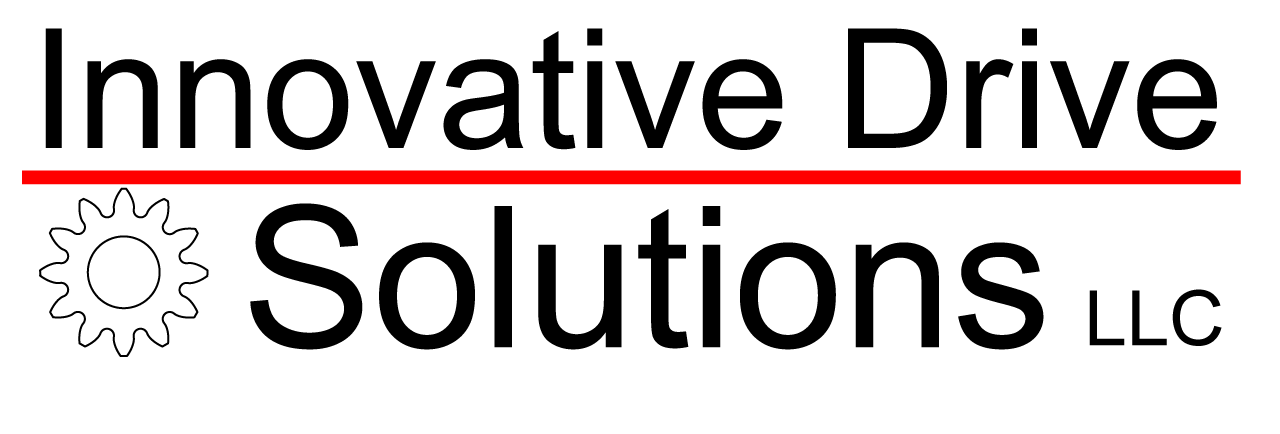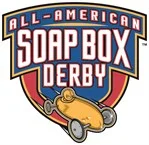No. 1 seed Purdue University lost in the first round of the NCAA Men’s Basketball Tournament Friday to 16th seeded Fairleigh Dickinson (FDU)―a team that wasn’t even supposed to be in the tournament let alone beat the Boilermakers in historic fashion. With an average team height of 6’3”, FDU is the smallest team in this year’s tournament. Purdue’s team is much taller and has 7’4” Zach Edey, a national player of the year. Purdue became only the second No. 1 seeded team in history out of 150 to lose to a No. 16 seed.
In a David-versus-Goliath moment, No. 16 seed Fairleigh Dickinson beat No. 1 seed Purdue in the first round of the 2023 NCAA men's basketball tournament and stuns the world. Photo by Rick Osentoski/USA TODAY Sports.
Before the game, FDU’s coach Tobin Anderson seemed to have taunted the heavily favored Boilermakers by stating that he knew how to beat Purdue and then told his team that they could and would win. He said his team could do the impossible, stun the world, and then they did.
Was the FDU coach lying, exaggerating, or just being overly optimistic to motivate his team? You decide. Heck, the coach told reporters he had packed only one set of clothes for the trip and that he would have to do some laundry after the historic win. I have a better idea. Coach Anderson could borrow some game-time clothes from Purdue coach Matt Painter as he would not be needing them. Painter and his team would be returning to West Lafayette, Ind. where they often spend the month of March.
Painter’s stated goals for a season are to achieve a high ranking during the regular season, win the Big Ten title and earn a high seed in the NCAA tournament. I don’t recall him saying the goal is to be in the Final Four let alone win a national championship. Purdue has not made it to Final Four during Painter’s tenure or before him since 1980. He is the winningest coach to never have made it to a Final Four.
This causes people to say that it is easier for Purdue to put a man on the moon than to get its team to the NCAA’s Final Four.
Purdue plays home games in Mackey Arena located on John R. Wooden Drive. Wooden is widely considered the greatest college basketball coach of all time. As a student-athlete, he was a 5’10” guard, and three-time All American, who played on Purdue’s 1932 championship team, the school’s only national basketball championship. This predates the NCAA tournament era. That was 91 years ago. That in-state rival college down the road has five men’s basketball national championship banners.
Wooden’s philosophy was simple. Focus relentlessly on the fundamentals. Motivate each player on the team to achieve at the highest level and potential of which they are capable. And concentrate on only one game―the next game. He knew that if you string together enough next games, then it was possible to have the back-to-back undefeated seasons, back-to back national championships, and 10 national championships in a 12-year period which he did as coach. The winning and championships take care of themselves. At the most basic level, John Wooden considered himself a teacher, and that was his most important role and contribution to the sport.
Purdue seems to have been playing not to lose, rather than to win. They would be wise to follow the example of their most famous sports alumnus.
Many times, the impossible only seems that way
On any given night, either team could win the game. And many times, the lower ranked or seeded team wins and when it does, the impossible just became real. This happens in business as well as sports.
In my career as an engineer, I recall two times when this happened to me. The first time, when I was attempting to do something that I thought was difficult, but not impossible. The president of the company told me that they had tried it before, and it didn’t work. When I did accomplish that task, he then said, “Yes, but you’ll never be able to do it again!”
For the second time, I had just finished a very complex design, a 2-speed transfer case for a large articulated haul truck. A colleague told me that he believed it would never work. Later, when I was in Norway riding in a prototype of that truck, up and down the streets of the small Norwegian town where the prototype was located, I had once again apparently achieved “the impossible.”
My boss at the time adhered to the old saying, “The difficult we do immediately. The impossible takes a little longer.”
What you believe, you can achieve
FDU’s coach and team believed in themselves and their ability to do the impossible and, by doing so, achieved greatness and college basketball immortality. Purdue, not so much. The players lost their confidence, and it showed in defeat.
Believing in yourself and motivating others to also believe in themselves and to achieve their greatest potential is a critical task for a business leader and team builder.
Suddenly, the impossible becomes possible.




